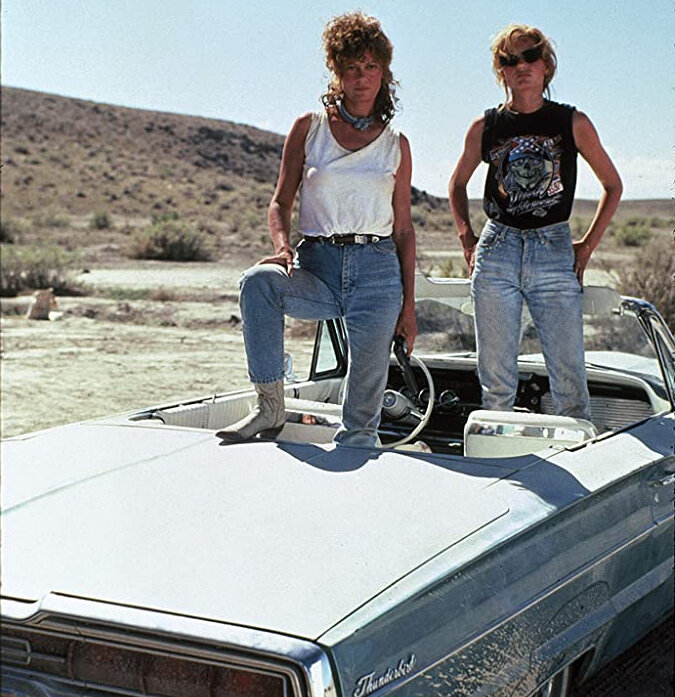Top 5 famous cars in films
Cars in films aren’t just for transporting the characters, in some cases they are the stars themselves. Some cars are built especially for the film, while others are just as you’d find them in car dealerships.
Here is my list of top five star cars, while the films are also fantastic too – and ones to rewatch (except for Christine, I’m too scared to view that again).
5. 1958 Plymouth Fury Christine (1983)
The 1958 Plymouth Fury was picked by writer Stephen King over a Thunderbird. Photo: IMDB
The Plymouth was the star of the show — and one of the most famous 1980s movie cars. Adapted from a Stephen King novel, Christine is about a car that kills people after teen Arnie buys it. It has an evil mind of its own and his nature starts to change to reflect it. You’d think the blacked out windows would have been the first clue that the car was demonic.
King chose a '58 Plymouth Fury for Christine because it was a "forgotten car". "I didn't want a car that already had a legend attached to it like the '50s Thunderbird,” he said.
Almost 30 cars were used in the film, not all Plymouth Furys. One of the Plymouth Furys from the movie was sold for US$167,000 (NZ$250,000) in 2004.
4 Ectomobile, 1959 Cadillac Miller-Meteor Ghostbusters (1984):
Who ya goin’ to call? Ghostbusters! The Ectomobile was made from a Cadillac. Photo: IMDB
This car is instantly recognisable as one of the most famous movie cars around. The Ectomobile, or ECTO-1 and ECTO-1A was made from a 1950 Cadillac Miller-Meteor. The Ectomobile was originally going to be painted black, until it was pointed out that most driving would be at night and the car would be difficult to see.
After filming, Universal Studios left the original car to rust in a studio backlot, which outraged zealous fans. They petitioned and ultimately bought the car and restored it to near-perfect condition. You’d think that the fans would know who to call in that situation! It is now at the Petersen car museum in LA.
3 1966 Ford Thunderbird Thelma & Louise (1991)
Thelma (Geena Davis) and Louise (Susan Sarandon) in the Thunderbird. Photo: IMDB
The build of this car allowed for production practicality as the openness and width of the ride made it incredibly easy to shoot the actors. A total of five identical 1966 Thunderbird convertibles were used throughout the shoot: one "star car", one camera car, one back-up car, and two stunt cars. The “star car” is now in the Petersen car museum in LA.
In 2008, one of these cars was sold by Barrett-Jackson auction house. The armrest had been signed by Brad Pitt (J.D.) and the visor by Geena Davis (Thelma,) which was enough for this otherwise ordinary original car to sell for US$71,500 (NZ$106,000), about triple the price of a less famous Thunderbird in similar condition.
As for that iconic final scene (I’m not crying, you’re crying) … there were 24 police cars and three helicopters used.
2. 2006 Subaru Impreza WRX Baby Driver (2017):
Ansel Elgort (Baby) took driving training for a month for the role. Photo: IMDB
In Baby Driver, the main character Baby races his Subaru Impreza, but apparently it was supposed to be a Honda that was switched at the last moment for the San Remo red WRX.
All of the driving scenes were accomplished without the aid of visual effects or CGI. Both Ansel Elgort (Baby) and Jon Hamm (Buddy) received a month of driving training to prepare for the extensive and elaborate chase scenes in the movie.
A few 2006 Subaru Impreza WRX was used in the film with varying modifications to the car. Some of them were a stock WRX STI that had its spoiler swapped for a conservative WRX versions and another featured modifications with over 238kW, a heavier clutch, and differentials from an STI.
Elgort got to keep one of the cars after the film wrapped as a birthday present while the stunt car used in the opening scene sold at auction last month for US$34,800 (NZ$52,000).
1. 1964 Aston Martin DB5 Goldfinger (1964)
A replica of the DB5 Goldfinger has been created by Aston Martin. Photo: Aston Martin
This one could potentially be the most famous movie car of all time, mainly for its special features. Machine guns, oil-slick sprayer, ejector seats, and an incredible foreshadow to the modern navigation system, Bond’s car boasted a map screen.
James Bond’s DB5 is also set for a return to the big screen later this year in No Time To Die.
A fully restored version of the Goldfinger DB5 sold at auction for US$6.4 million (NZ$9.5m) recently. The DB5 with full Bond modifications, including a Browning .30 caliber machine gun in each fender and wheel-hub mounted tire-slashers, went under the hammer in Monterey, California.
Fewer than 900 DB5 sedans were built by the brand between 1963 and 1965 but in May this year, Aston Martin announced it was producing a limited number of DB5 Goldfinger Continuation at £2.75 million each (NZ$5.5m).
The cars had rear smoke screen and simulated oil slick delivery systems, revolving number plates front and rear (triple plates), simulated twin front machine guns, bullet resistant rear shield, battering rams front and rear, simulated simulated tyre slasher and the option of a removable passenger seat roof panel.





